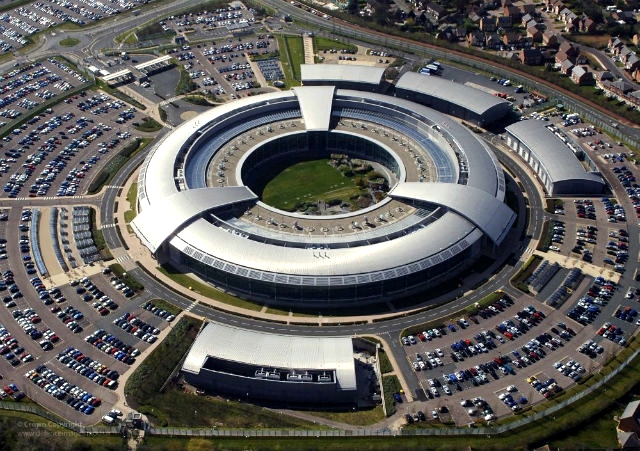GCHQ: US and UK tech firms need to work together to solve encryption challenges

The head of GCHQ, Robert Hannigan, has called for greater co-operation between tech companies and governments. Speaking at the Massachusetts Institute of Technology, Hannigan referred to the "highly charged atmosphere" surrounding the encryption debate in a barely-concealed reference to the on-going battle between Apple and the FBI.
He said that in the coming months Prime Minister David Cameron will set out plans to improve the relationship between tech companies and intelligence agencies. He was at pains to stress that the controversial snooper's charter (or Investigatory Powers Bill) would not be used as an excuse to allow governmental spying or to introduce a ban on end-to-end encryption.
Not only does Hannigan insist that he is not looking to outlaw encryption, he says: "Nor am I asking for mandatory backdoors. I am puzzled by the caricatures in the current debate, where almost every attempt to tackle the misuse of encryption by criminals and terrorists is seen as a 'backdoor'. It is an overused metaphor, or at least mis-applied in many cases, and I think it illustrates the confusion of the ethical debate in what is a highly charged and technically complex area".
He said there were many challenges surrounding encryption, and suggests that there should be ways to provide access to encrypted data without reducing encryption security for everyone:
The solution is not, of course, that encryption should be weakened, let alone banned. But neither is it true that nothing can be done without weakening encryption [...] Within the parameters set by legislation, it should be possible for technical experts to sit down together and work out solutions to particular manifestations of the abuse of encryption
With the activities of the NSA and GCHQ previously having been shrouded in secrecy, the British government is only too aware of the need for future talks with tech companies to be conducted "openly, respectfully and in good faith". Given the strong feeling that the encryption debate and the surveillance scandals have brought about, it's little surprise that Hannigan is eager not to be seen throwing his weight around:
It is not for me, as an intelligence official and civil servant, or for a law enforcement officer to make these broad judgments, whether about the use of data in general or encryption in particular; nor is it for tech company colleagues nor even for independent academics. Since the trade-offs are for society as a whole, it must surely be for elected representatives to decide the parameters of what is acceptable.
